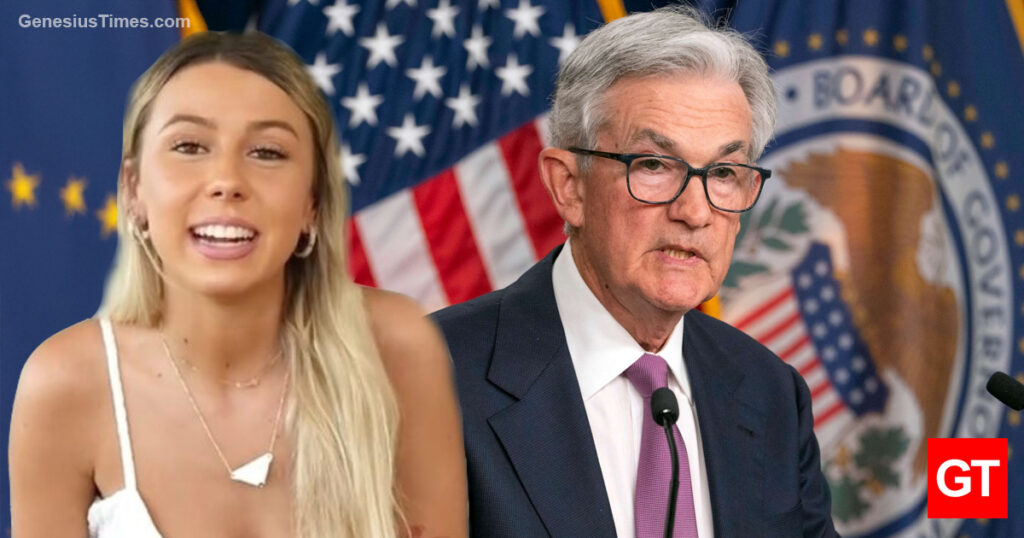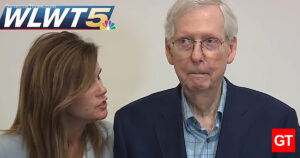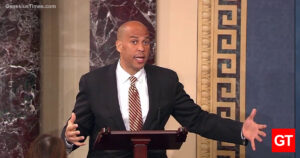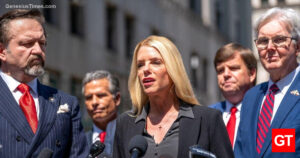BREAKING: Powell announces Federal Reserve has added Hawk Tuah Girl to advisory role

Federal Reserve Chairman Jerome Powell announced today that the central bank will now be seeking investment advice from Hailey Welch, famously known as “Hawk Tuah Girl.” This decision marks a unique intersection of economic policy and viral internet fame, stirring both intrigue and skepticism among financial analysts.
Unprecedented Move in Economic Advisory
During a press conference at the Federal Reserve’s headquarters, Powell explained that the decision was made to incorporate more diverse perspectives into the Fed’s economic strategy. “We believe that bringing in voices from different sectors of society can provide fresh insights into economic trends and public sentiment,” Powell stated.
Welch, who became an internet sensation after a video of her at a bar went viral, has been vocal about her investment strategies, often using social media platforms to share her thoughts on the economy and stock market. Her catchphrase “Hawk Tuah,” which became a meme, has been interpreted by some as a bullish stance on economic investments.
Public and Analyst Reaction
Following the announcement, markets showed a significant downturn:
- Cryptocurrencies, particularly Bitcoin and Ethereum, saw a sharp decline of 5%, reflecting the volatile nature of the crypto market and possibly investor skepticism towards the Fed’s unconventional advisory role.er social media, “Bringing the Hawk Tuah energy to the Fed. Let’s make some real economic moves!”
- Stocks fell by 3%, with major indices like the Dow Jones Industrial Average, S&P 500, and Nasdaq Composite all experiencing substantial losses.
- Gold prices dropped by 2%, as investors seemed to move away from traditional safe-haven assets, perhaps signaling uncertainty or doubt in the Fed’s new direction.
Implications for Economic Policy
While the specifics of how Welch’s advice will influence Federal Reserve decisions remain unclear, Powell emphasized that her role would be more symbolic and advisory in nature, aiming to bridge the gap between traditional economic policy and the public’s economic discourse. “We’re not changing our monetary policy based on tweets or viral videos, but we are looking to understand better how these trends reflect broader economic sentiment,” Powell clarified.
This unconventional advisory appointment has certainly placed the Federal Reserve in the public eye like never before, potentially blending the lines between economic policy and digital culture. Whether this move will lead to tangible policy changes or merely serve as a PR strategy to modernize the Fed’s image remains to be seen. Critics and supporters alike are watching closely to see how this unique partnership unfolds.
![]()




